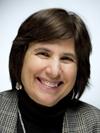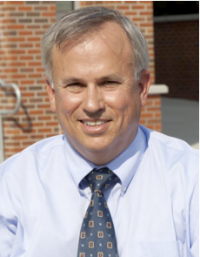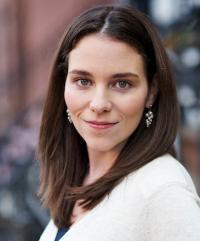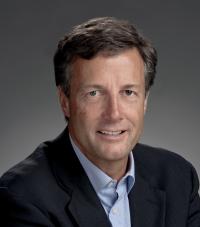Kevin M. Folta
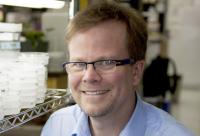
Associate professor and chair, Department of Horticultural Sciences, University of Florida
Kevin Folta’s laboratory examines the role of light in plant development and productivity, as well as how genes in small fruits contribute to consumer-desired traits. Folta has edited two seminal texts on genomics and genetics in fruit crops and serves as an editor for leading journals. He has been recognized with several prestigious national awards for research and student/postdoc mentoring. His research program has been recognized for its strong element of student training and service to the community. Folta’s goal is to teach evidence-based science at all levels and use research as a mechanism to train scientists and further scientific understanding beyond laboratory walls. He maintains an active web presence with the blog Illumination and is a frequent guest on science podcasts and radio shows. Ultimately his goal is to extend laboratory knowledge, shaping better products and policy that can benefit communities, farmers and the environment.
Speaking:
-
Monday, November 4th, 1:45 pm to 2:30 pm

